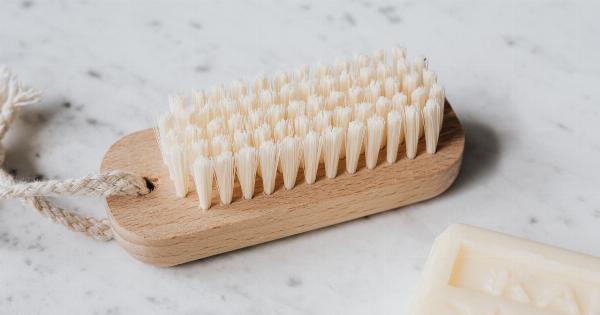When it comes to maintaining good hygiene, changing your bedding regularly is an important task. Not only does it help you sleep better, but it also keeps you healthy by limiting the amount of bacteria and allergens in your bed.
But how often should you change your sheets, blankets, and comforters? In this article, we’ll explore the recommended time frames for changing different types of bedding.
Bed Sheets
Bed sheets are the part of your bedding that come into direct contact with your skin, so it’s important to keep them clean. Most experts recommend changing your sheets at least once a week.
This helps to get rid of dead skin cells, sweat, and bacteria that accumulate over time. If you sweat a lot or have allergies, you may need to change your sheets more often.
If you have pets that sleep on your bed, you should consider changing your sheets even more frequently. Pet dander can cause allergies and attract dust mites, so it’s important to keep it under control.
You should also wash your sheets on hot water to kill any bacteria and allergens that may be present.
Pillows
Pillows are an essential part of your bedding, but they can also harbor a lot of germs if not cleaned regularly. Experts recommend washing your pillowcase at least once a week, and your actual pillow every six months.
This helps to get rid of any bacteria, dust mites, and dead skin cells that accumulate over time.
If you suffer from allergies or asthma, you may need to wash your pillows more often. In general, it’s a good idea to replace your pillows every two years.
This helps to maintain their shape and support, and prevents the accumulation of dust mites and allergens.
Blankets
Blankets are another important part of your bedding, but they don’t need to be washed as frequently as your sheets. Experts recommend washing your blankets every three to four weeks, or when visibly dirty.
If you have pets, you may need to wash your blankets more frequently to get rid of pet hair and dander.
In general, it’s a good idea to have two or three sets of blankets that you can rotate. This helps to prolong their lifespan and ensures that you always have a clean blanket to use.
Comforters and Duvets
Comforters and duvets are often used as the top layer of your bedding, and are not as frequently washed as your sheets or blankets. Experts recommend washing your comforter or duvet every three to four months, or when visibly dirty.
It’s a good idea to have a duvet cover that you can remove and wash more frequently.
If you have pets that sleep on your bed, you may need to wash your comforter or duvet more frequently.
It’s also a good idea to follow the care instructions on the label, as some comforters and duvets may need to be dry cleaned instead of washed at home.
Mattress Pads
Finally, it’s important to keep your mattress and mattress pad clean and free of dust mites. Experts recommend washing your mattress pad every two to three months, or when visibly dirty.
This helps to maintain the lifespan of your mattress and prevent the accumulation of allergens and bacteria.
If you suffer from allergies or asthma, you may need to wash your mattress pad more frequently. It’s also a good idea to vacuum your mattress regularly to remove any dust or debris that may be present.
Conclusion
Keeping your bedding clean is an important part of maintaining good hygiene and staying healthy.
By changing your sheets, pillows, blankets, comforters, and mattress pads regularly, you can limit the amount of bacteria and allergens in your bed and prolong the lifespan of your bedding. Follow the recommended time frames outlined in this article to ensure that your bedding stays clean and fresh.





























